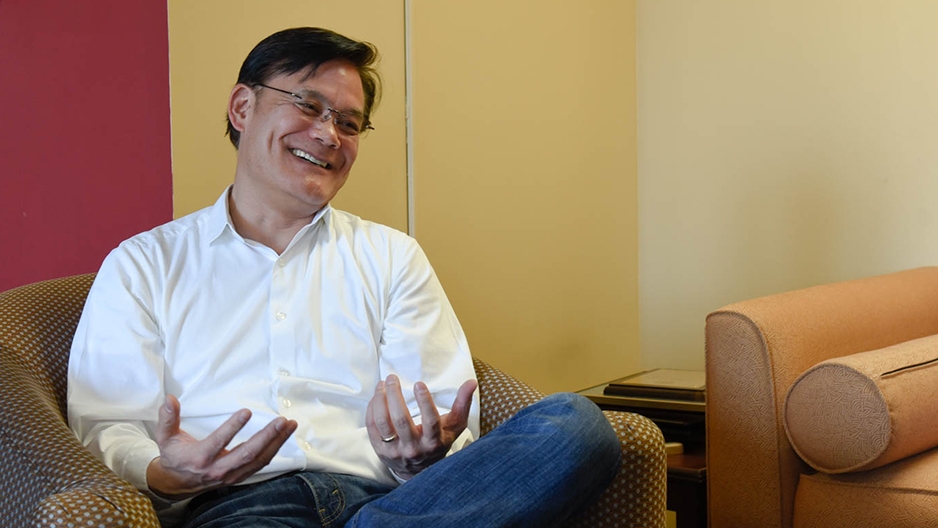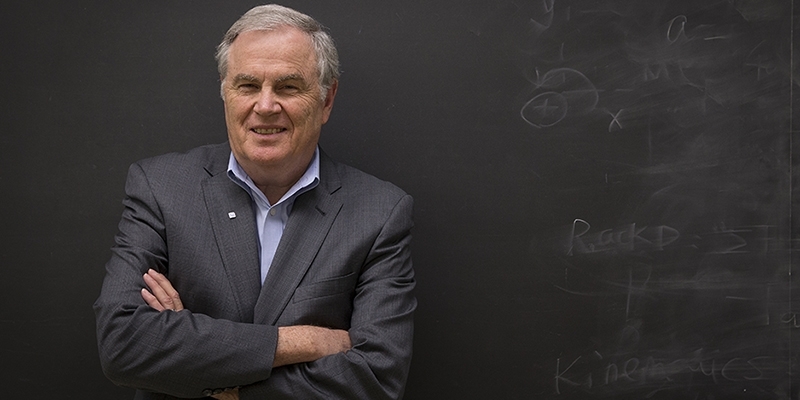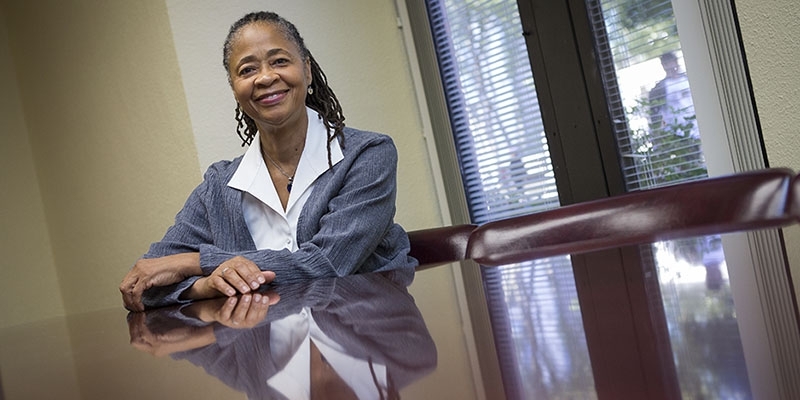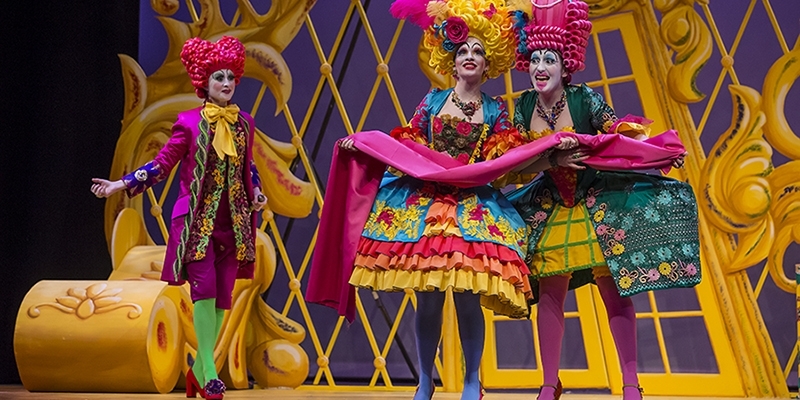Inclusive arts, inclusive communities
Roger Ideishi, an associate professor in Temple’s College of Public Health, is helping to make the arts more accessible for people with sensory challenges.

In today’s world, it seems natural to make accommodations so that people with visual, hearing or mobility impairments can enjoy the full range of everyday experiences and opportunities. But what about individuals whose challenges might not be apparent?
Roger Ideishi, director of the College of Public Health’s Occupational Therapy Program and associate professor in rehabilitation sciences, is helping arts organizations around the country become more inclusive for people with sensory sensitivities. His recent work took him to Flint, Michigan—one city that has a special need for it.
Please Don’t Be Quiet
Ideishi advises museums, theaters and other arts organizations as they develop programming that is welcoming and appropriate for visitors with cognitive disabilities and sensory challenges, such as autism spectrum disorder. He advised the Philadelphia Orchestra in the development of Sound All Around, a concert series at the Academy of Music tailor-made for children with sensory sensitivities.
With support from the John F. Kennedy Center for the Performing Arts and the Smithsonian Institution, Ideishi also developed a guidebook for performing arts centers and museums that explores different aspects to consider when developing sensory-friendly programs and spaces.
“The knowledge and skills of an occupational therapist are a wonderful fit for this type of work, given their training to adapt the activities and environments of daily living—in the home, the workplace, schools, and the community—for optimal participation and engagement in society,” he said.
Ideishi helps artistic directors design performances that are accessible in both program content and presentation. He calls these “sensory friendly” and “relaxed” performances: plays, concerts and other events that are less likely to startle someone who is sensitive to loud noises or sudden movements, and that welcome audience members to respond to what’s happening onstage according to their individual cognitive and developmental needs.
“If you think of the unwritten theater behavior conventions of ‘Sit down, be quiet, don't move,’ these are pretty constraining expectations, particularly for those with sensory response differences,” Ideishi said. He helps find ways to accommodate varied needs like light or sound sensitivity, lowered impulse control, and physical responses to emotion. A theater might partially raise the house lights, for example, or warn patrons about sudden loud noises in a performance, or give them the freedom to move around or vocalize during the show.
“The modifications in these shows give people with special needs the opportunity to stay with the performance, and to express emotions in their own way,” Ideishi said. “It shows them that this is okay. It gives them a sense of belonging to society—and that this organization appreciates and values diversity among people.”
In Flint, Looking Forward
The need to develop inclusive arts programming has taken on a new urgency in Flint, Michigan.
Lead contamination in the city’s water supply is expected to have wide-ranging health consequences like increased rates of cognitive disabilities in children. So earlier this year, Ideishi was invited to share his work on cognitive diversity at a special symposium for member organizations of the Michigan Council for Arts and Cultural Affairs.
Because of the large-scale impact of the crisis, Ideishi is helping Flint’s arts organizations develop experiences and materials that suit a wide array of cognitive differences.
“We can’t predict what someone’s individual needs will be,” he said. “My approach is to help organizations create a continuum of opportunities. They need to be able to make a variety of resources available so that individuals can self-determine what modifications or resources will work for them.”
Ideishi sees strong links between cognitive inclusion and better health outcomes—both on individual and societal levels. “We’re creating opportunities that hopefully mediate some of the challenges that people with cognitive disabilities face,” he said. “Everyone I’m working with here is looking at this on a population scale. It really is public health.”
Ideishi will return to Flint in the coming year to lead workshops on specific inclusion strategies. The stakes are high—both to prepare for future cognitive needs locally, and to set a precedent for arts institutions elsewhere.
“Water contamination is happening in other U.S. cities that don’t have the same media attention,” said Ideishi. “However Flint addresses the issue, it’s going to have a major impact on cognitive inclusion practices across the country.”
—Henry Randolph


